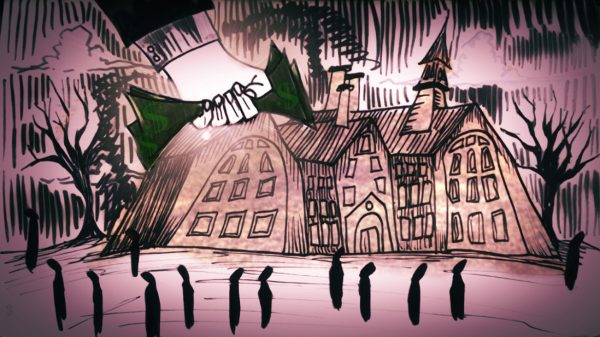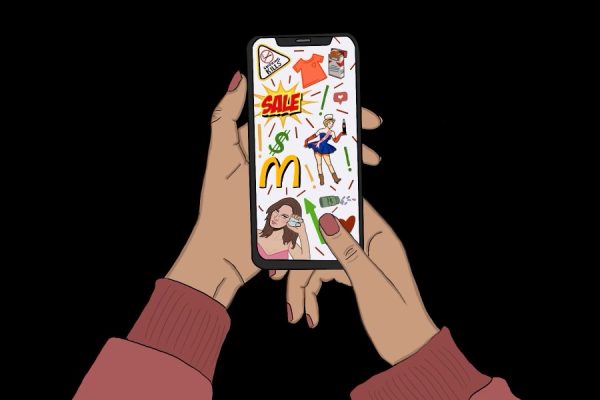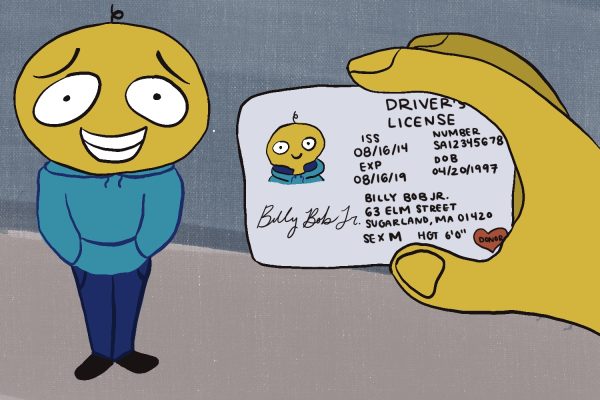Social networking fuels a passive activist approach
All eyes are on UVM Confessions. At over 3,300 Òlikes,Ó the Facebook group has developed into a campus-wide obsession, a go-to place for humor, scandal and the latest juicy tale.
As a UVM Confessions follower, I am fascinated by the content of posts that end up in my news feed.
From stories of drunken adventures to the desperate attempts to find someone Ð Òdoes anyone know the name of the girl with the blue shirt at BrennanÕs?Ó Ð there is always at least one post that makes me smile.
However, it is hard to overlook the fact that UVM Confessions often reads more like UVM Complaints.
A large number of the daily posts complain about girls, boys, UVM campus culture, Vermont, New Jersey, flannel, mason jars, hippies, biddies, long boarders and the list goes on.
College students relish in complaining about life in general, and UVM Confessions provides an addictive outlet.
But for the more serious issues, such as criticizing UVM culture, students and specific on-campus organizations, I fear that UVM Confessions is a symptom of a larger cultural malaise.
When our generation is annoyed with a particular issue, what are we more likely to do: take action or post an angry comment or confession on Facebook?
There were several posts recently on UVM Confessions about how certain anonymous submitters detested a slew of aspects about UVM, from the personality of students, to the lack of intellectuals on campus, to the UVM divest movement and more.
These types of posts make me wonder if the submitters have ever done anything to change UVM. If you are mad about the ÒsuperficialÓ culture on campus, why not start an intellectual club to discuss important issues? Or, if you are unhappy with the UVM divest movement, why not begin a movement of your own?
The ugly truth is that our generation has just enough motivation to post an angry sentence, but not enough to get off the couch and do something meaningful.
Instead of finding ways to be active, we are satisfied with a status post and the responses that it generates.
This issue extends far beyond the UVM Confessions context. A month ago an overwhelming number of Facebook users changed their profile picture to a red equal sign, the symbol of the Human Rights Campaign for equality.
Using this photo as a profile picture indicated the userÕs support of same-sex marriage for two of the cases heard by the U.S. Supreme Court that week.
According to the Huffington Post, over 2.7 million people changed their profile pictures to the red equal sign in one week. That is a lot of people Ð how many actually took action to support same-sex marriage other than taking one second to upload a new profile picture?
I donÕt fault Facebook or UVM Confessions as whole, but I believe that they give people a false sense of action and power.
When you post a complaint or a political statement on social networking sites and other people respond, it gives you a sense of accomplishment that in reality is not an achievement at all.
When people use Facebook as a platform for exchange of opinions, it has potential to be the start of a greater interest and understanding.
Unfortunately, the vast majority of users and viewers are only temporarily moved, and then go back to being complacent.
As the spring semester draws to a close, now is a good time to reflect on what you accomplished this year.
Did you take action? Did you give back to the university and the greater community in a meaningful way? Or did you voice your thoughts from behind the protective screen of the computer?
UVM Confessions and social media are fun and interesting, but perspective is key. Just because you are vocal on these sites does not make you an active, progressive individual.





![Can’t buy me [self] love](https://vtcynic.com/wp-content/uploads/2024/04/self-care-FINAL-600x398.jpg)





